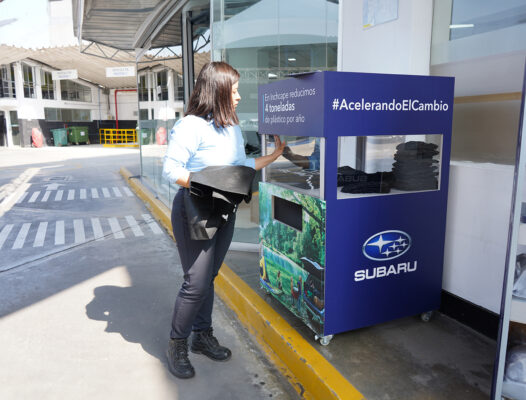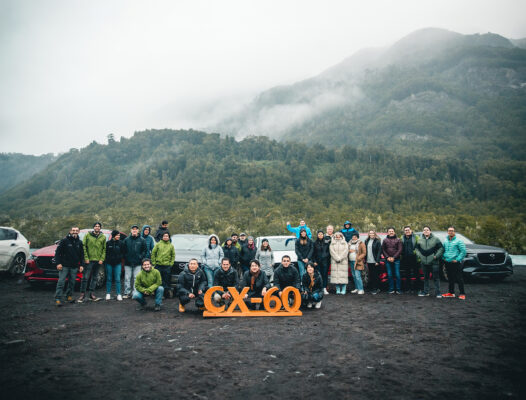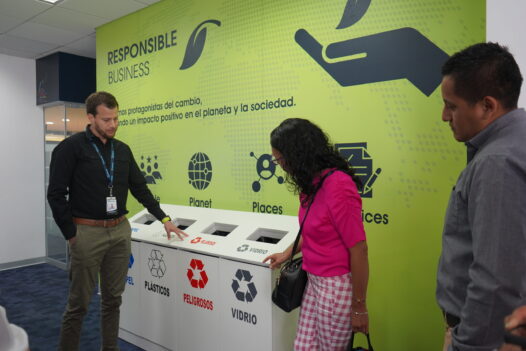
There are four elements that summarise the current focus of our Planet pillar:

1. Greenhouse gas emissions
We will:
- measure and report on our direct and indirect greenhouse gas emissions.
- set science-based targets for our scope 1 and scope 2 emissions and take measures to meet those targets.
- support our OEM partners in their efforts to reduce emissions and actively promote the sale of vehicles with lower emissions.
- influence our other suppliers to reduce their carbon footprints, incorporate environmental considerations in our decision-making processes and favour suppliers that set ambitious targets themselves.

2. Waste and recycling
We will:
- deal responsibly with the waste we produce as a business. As a minimum we will comply with all applicable laws and regulations.
- progressively increase the amount of waste products we recycle to reduce our impact on the planet over time

3. Impact of climate change
We will:
- Understand the risks and opportunities that will arise for our business as a result of climate change.
- Understand the risks and opportunities that will arise for our business as a result of climate change.
- Report on those risks and opportunities regularly and transparently so that all our stakeholders can be confident that we are safeguarding their long-term interests.

4. Helping our own people achieve their carbon reduction goals
- Show our people the ways in which they can contribute to reducing their impact upon the planet in both their working lives and their personal lives.
- Leadership teams will model those behaviours.

Our 2023 commitments and targets
- Reduce 5% of our Scope 1 and Scope 2 emissions.
- Ensure that all markets have an appropriate waste management system that encourages circular economy and social impact.
Progress during 2022
- Ecuador: Execution of solar panel project that supplies around 80% of the electricity of the largest site, United Nations.
- El Salvador, Barbados, Colombia, Ecuador: Solar panel business case design for implementation in 2023.
- All markets are working with certified hazardous waste managers.
- Colombia, Ecuador, Chile, Uruguay have non-hazardous waste management and recycling systems: reuse of waste and recycling for circular economy systems.
- Colombia and Chile: Implementation of a carpooling program for employee transportation.
- Uruguay, Peru, Colombia, El Salvador: Change of vehicle fleet (company cars) from conventional to electric or hybrid.